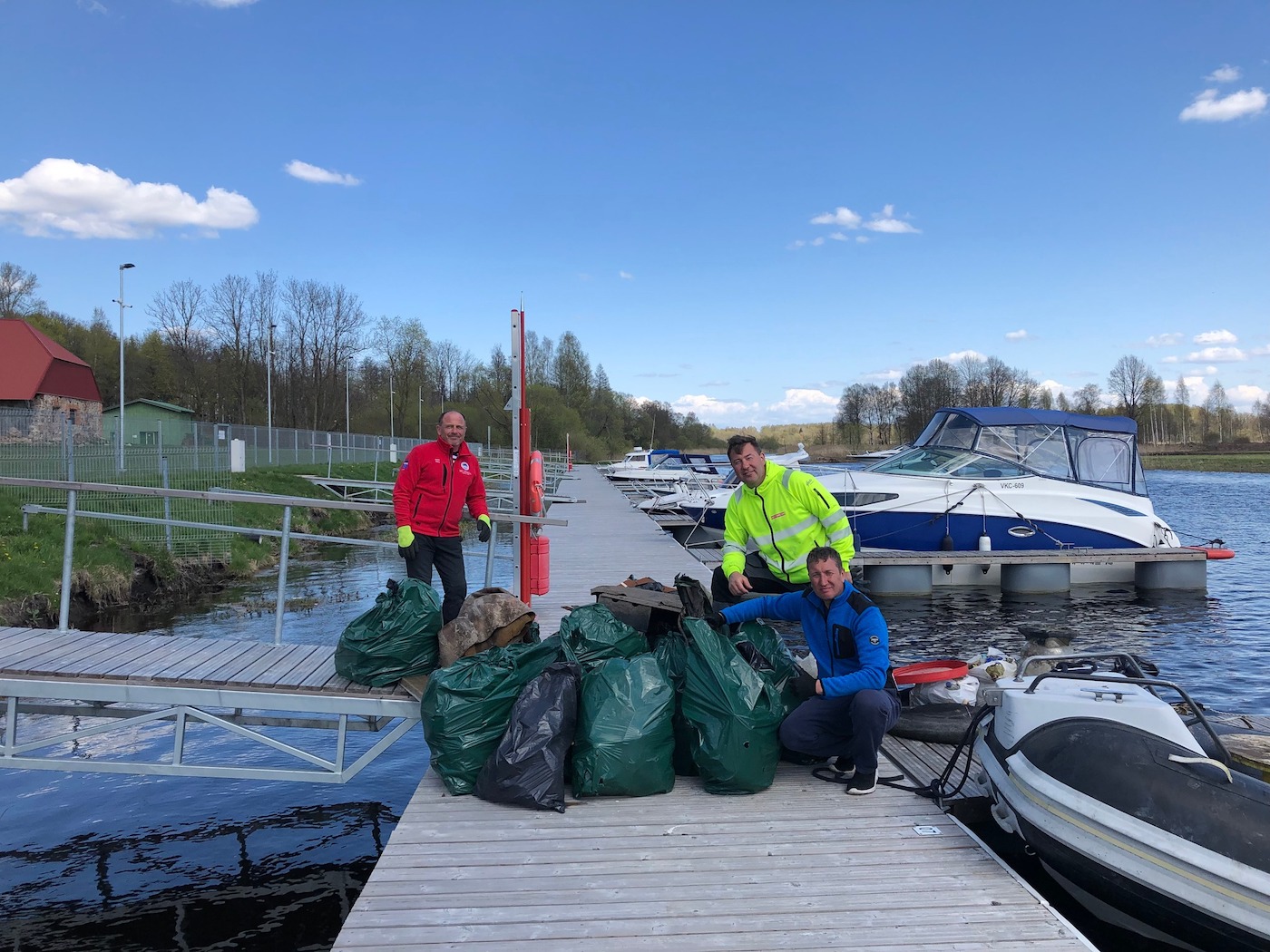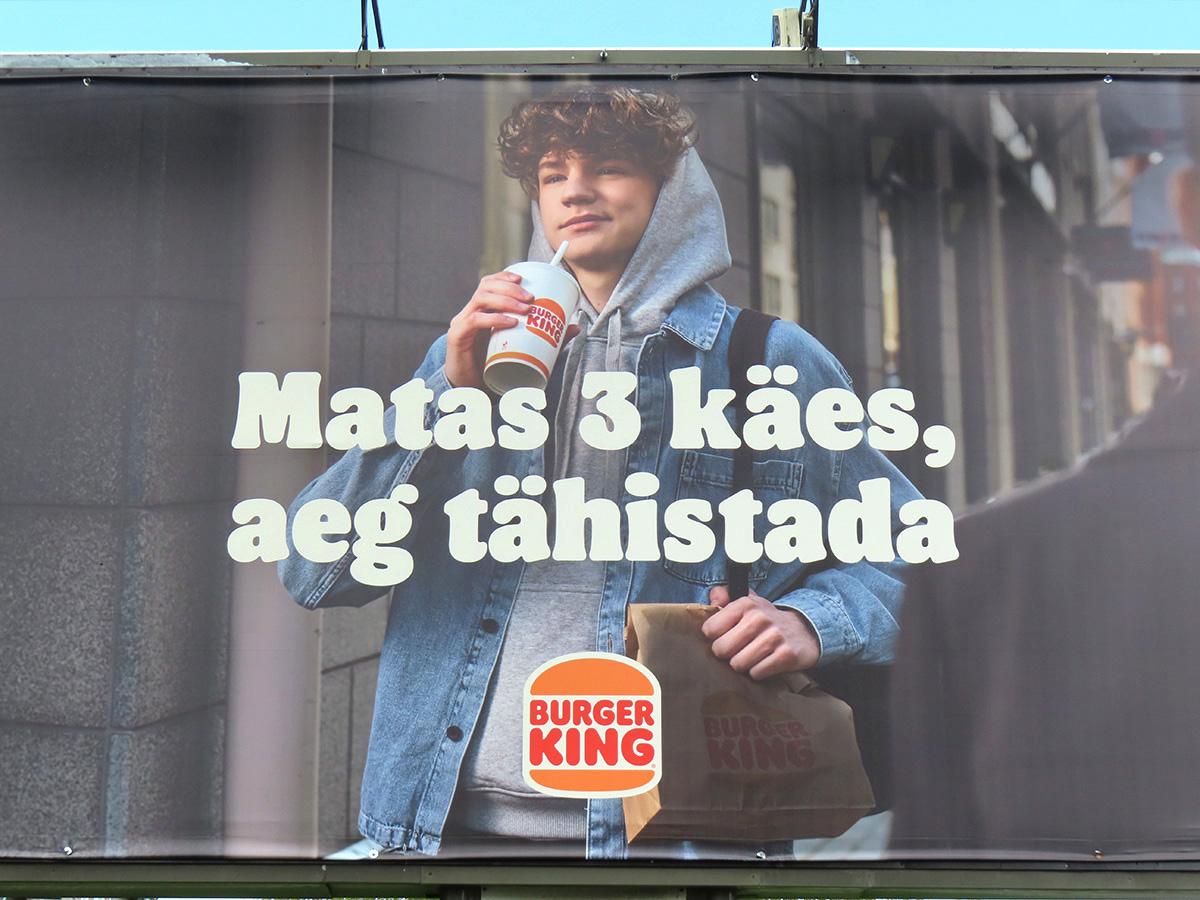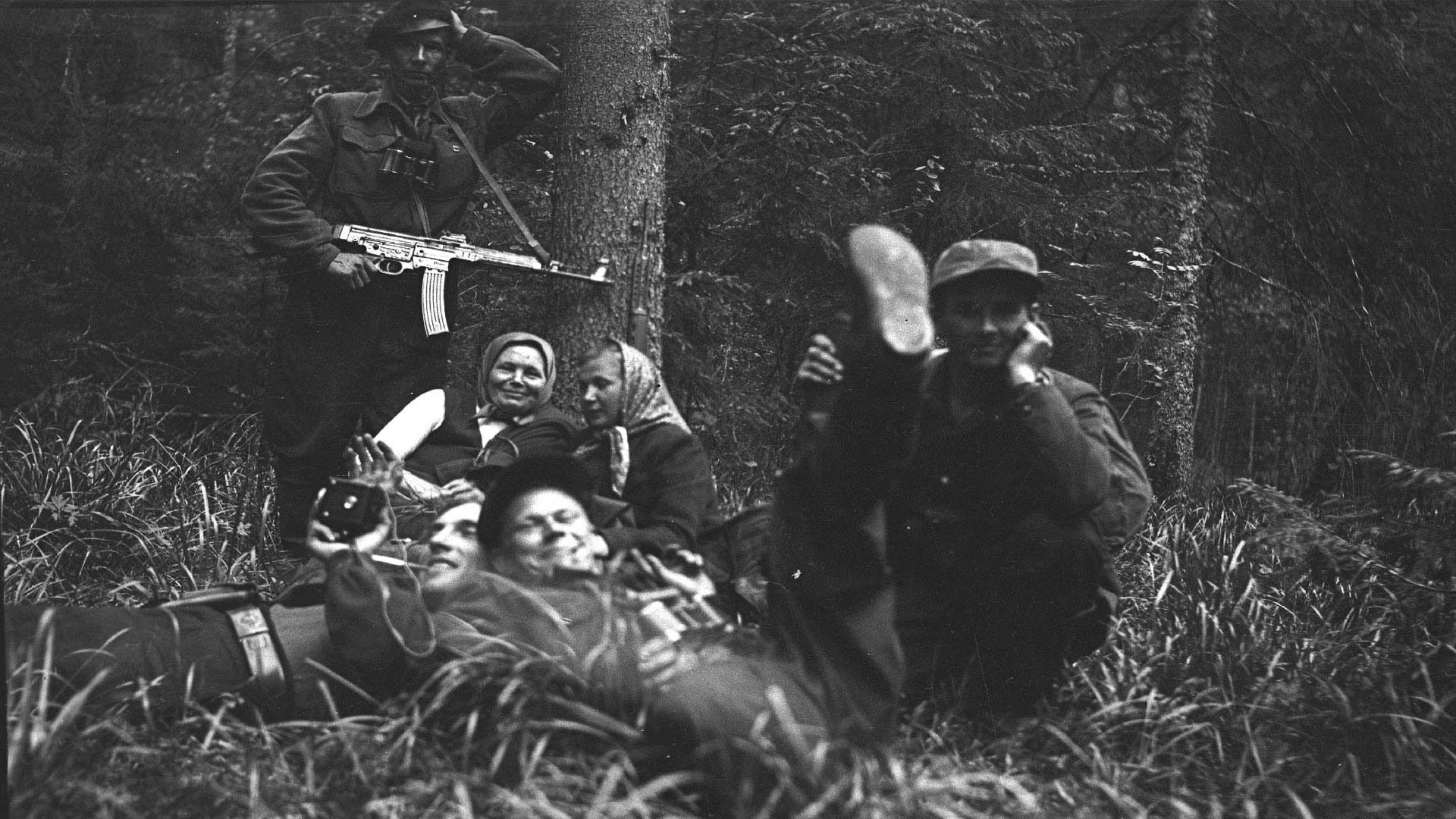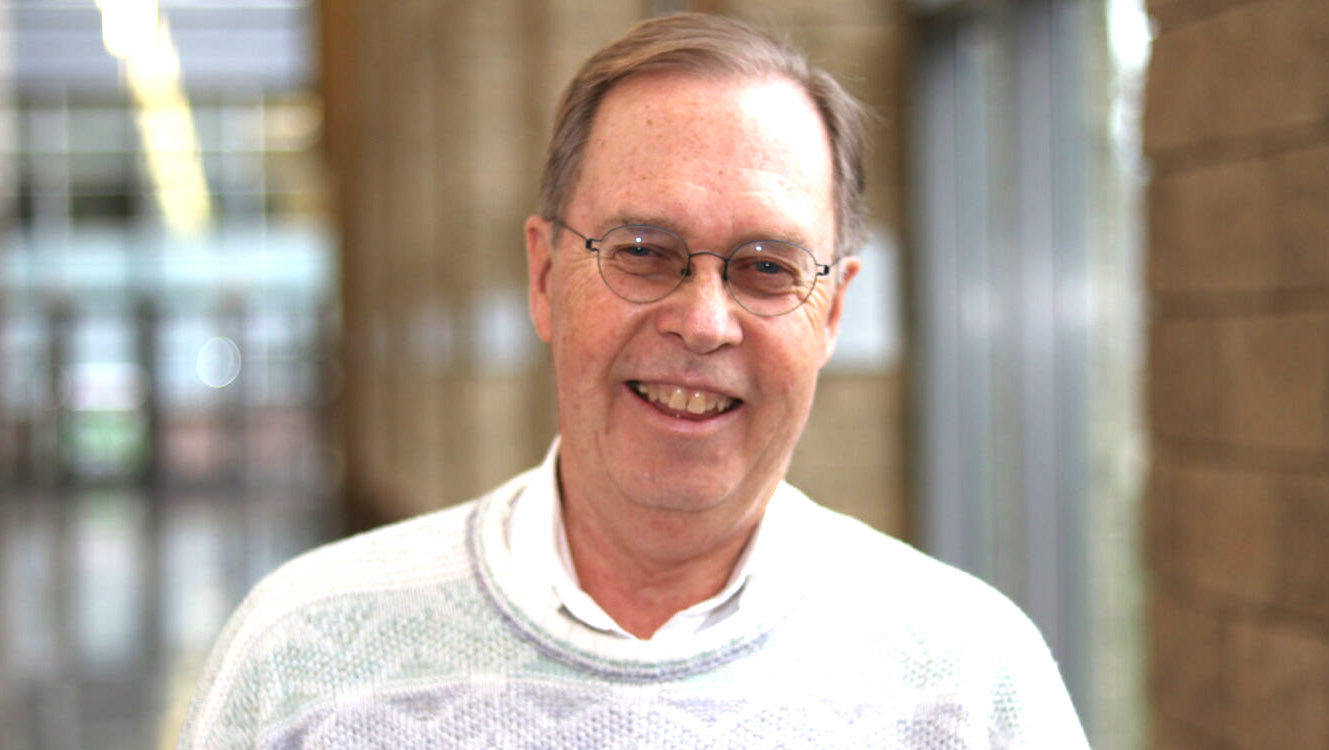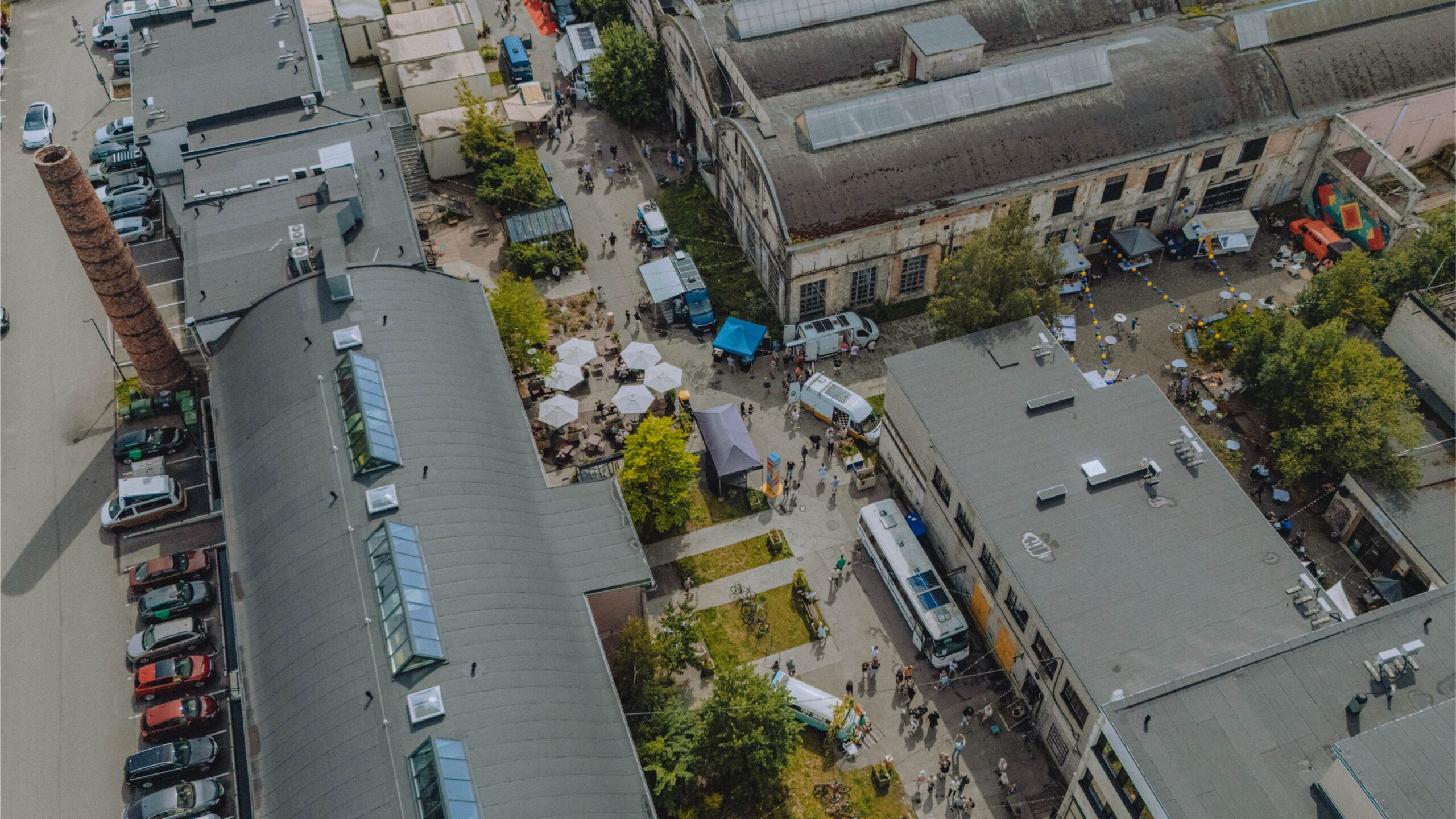However, as much as the newsletter is useful for the foundation's partners, government workers, and the like, the newsletter for May 2022 demonstrates their commitment to assist every individual in the transition to life in Estonia.
With an estimated 30,000 Ukrainian refugees having arrived in Estonia as of the end of April 2022, counselling services have been set up by MTÜ Eesti Pagulasabi for refugees in the areas of “digital skills, the job market, adaptation and children's education.” The foundation notes that these counselling services are free-of-charge and are taking place across Estonia.
Along these lines, the adaptation program known as Settle in Estonia is continuing to offer training courses, namely in the Estonian language. For new immigrants whose Estonian language abilities fall within the A1 and A2 beginner levels of the Common European Framework of Reference for Languages (CEFR), courses are on offer once again, starting in autumn, with some A1 courses being taught in the summer depending on one's immigration status. Registration is open on Settle in Estonia's site.
To inspire all those who have come to Estonia, the Integration Foundation also suggests watching the series Rika Eesti (Rich Estonia) through the Kanal 2 website. Together with the show's charming hosts—Jüri, Piret, and Robert—viewers are shown the success stories of numerous immigrants to Estonia and given an intimate view into what they've been up to since arriving in the country. It's depictions like these that give hope to those who are trying to integrate but also encourage support and kindness in return among the new acquaintances and friends of those who arrive in Estonia.
Finally, the Integration Foundation has been encouraging cohesiveness through volunteering programs. Organized in cooperation with the Ministry of Culture's Department of Cultural Diversity, on May 7th, the nationwide “Teeme Ära talgupäev” took place, bringing communities together through outdoor cleanup and conservation work.
For example, in Narva, volunteers tidied up and planted flowers in the cemetery of the Narva prison camp. Elsewhere, volunteers focused on cleaning bodies of water, such as the Emajõgi, where many bags of trash (including car parts, tires, furniture, plastic, and foam) were removed. These are occasions to improve the place one calls home, as well as a chance to meet other local residents.
Find out more about these programs and subscribe to the Integration Foundation's email newsletter at www.integratsioon.ee.
Written by Vincent Teetsov, Toronto
